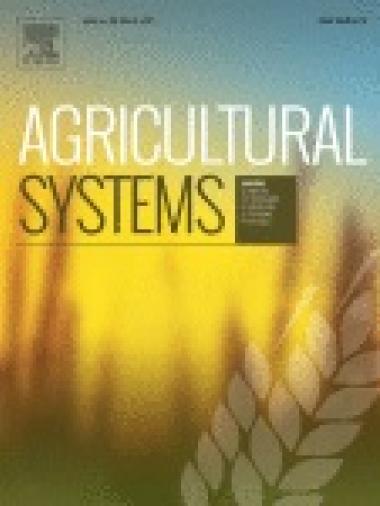Responding to global change: A theory of change approach to making agricultural research for development outcome-based

Agricultural research for development has made important contributions to poverty reduction and food security over the last 40 years. Nevertheless, it is likely that both the speed of global change and its impacts on natural and socio-economic systems are being under-estimated. Coupled with the moral imperative to justify the use of public resources for which there are multiple, competing claims, research for development needs to become more effective and efficient in terms of contributing towards longer-term development goals. Currently there is considerable debate about the ways in which this may be achieved. Here we describe an approach based on theory of change. This includes a monitoring, evaluation and learning system that combines indicators of progress in research along with indicators of change aimed at understanding the factors that enable or inhibit the behavioural changes that can bring about development impacts. Theory of change represents our best understanding of how engagement and learning can enable change as well as how progress towards outcomes might be measured. We describe the application of this approach and highlight some key lessons learned. Although robust evidence is currently lacking, a theory of change approach appears to have considerable potential to achieve impacts that balance the drive to generate new knowledge in agricultural research with the priorities and urgency of the users and beneficiaries of research results, helping to bridge the gap between knowledge generation and development outcomes.
Citation
Thornton PK, Schuetz T, Förch W, Cramer L, Abreu D, Vermeulen S, Campbell BM. 2017. Responding to global change: A theory of change approach to making agricultural research for development outcome-based. Agricultural Systems 152:145-153.